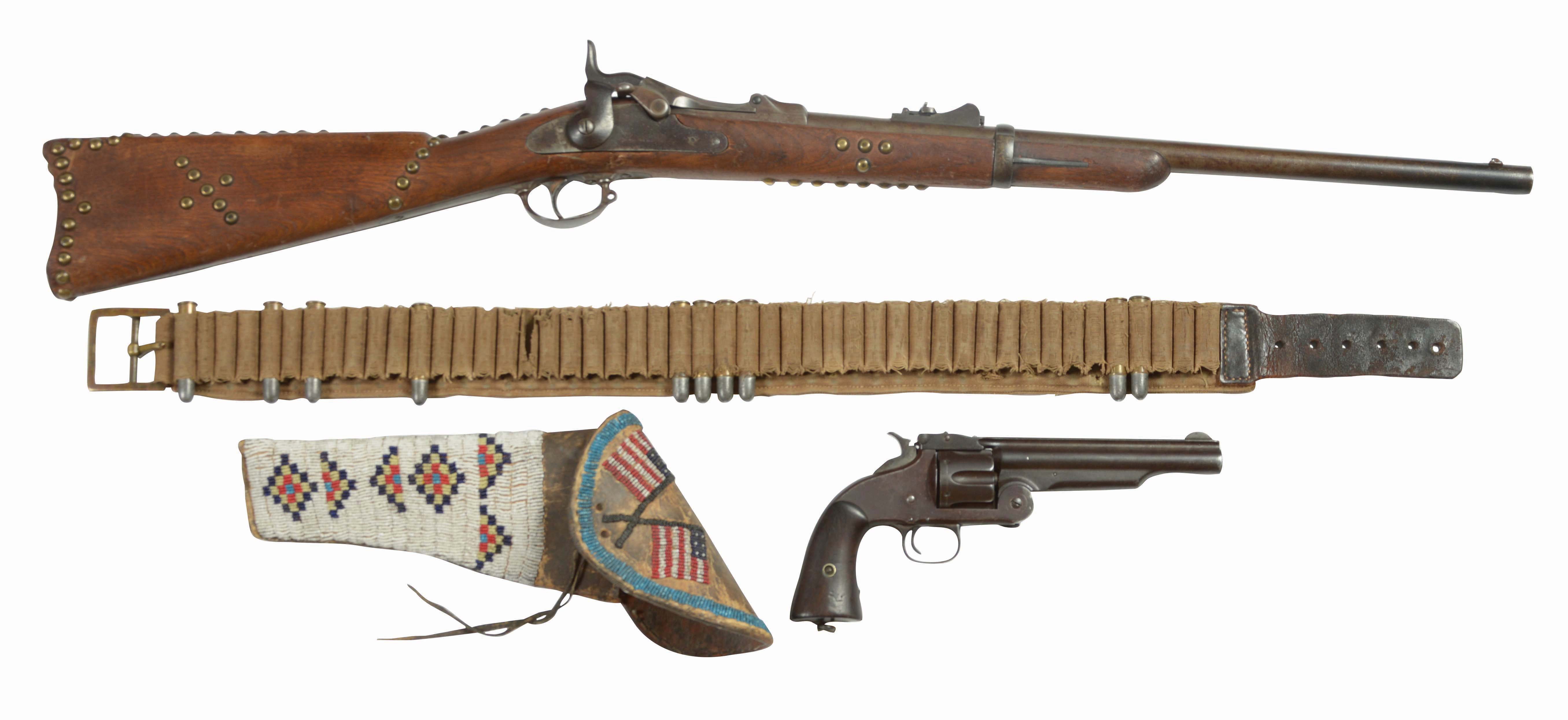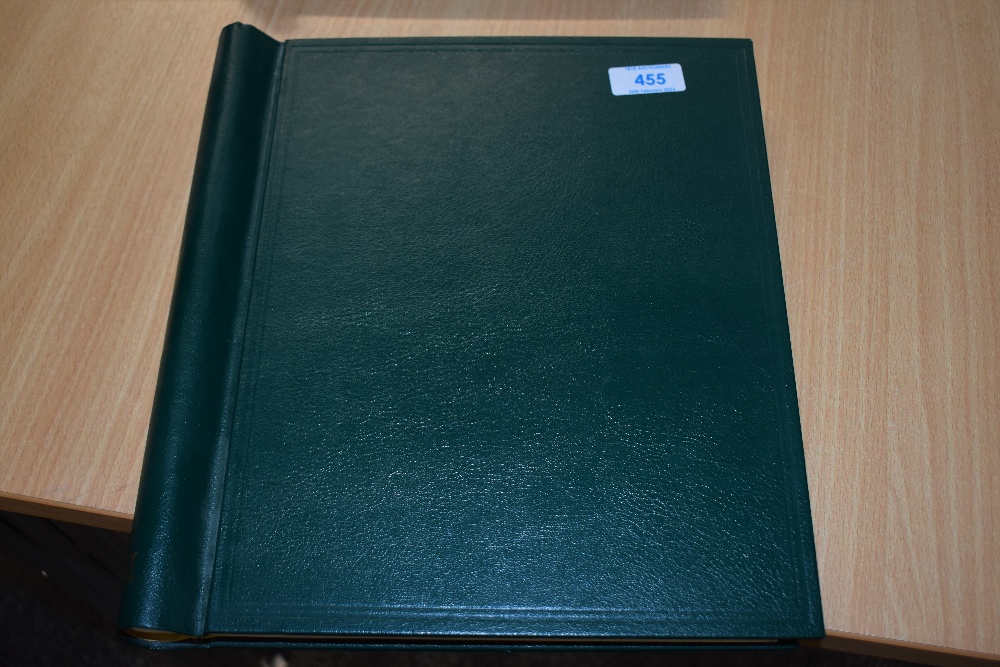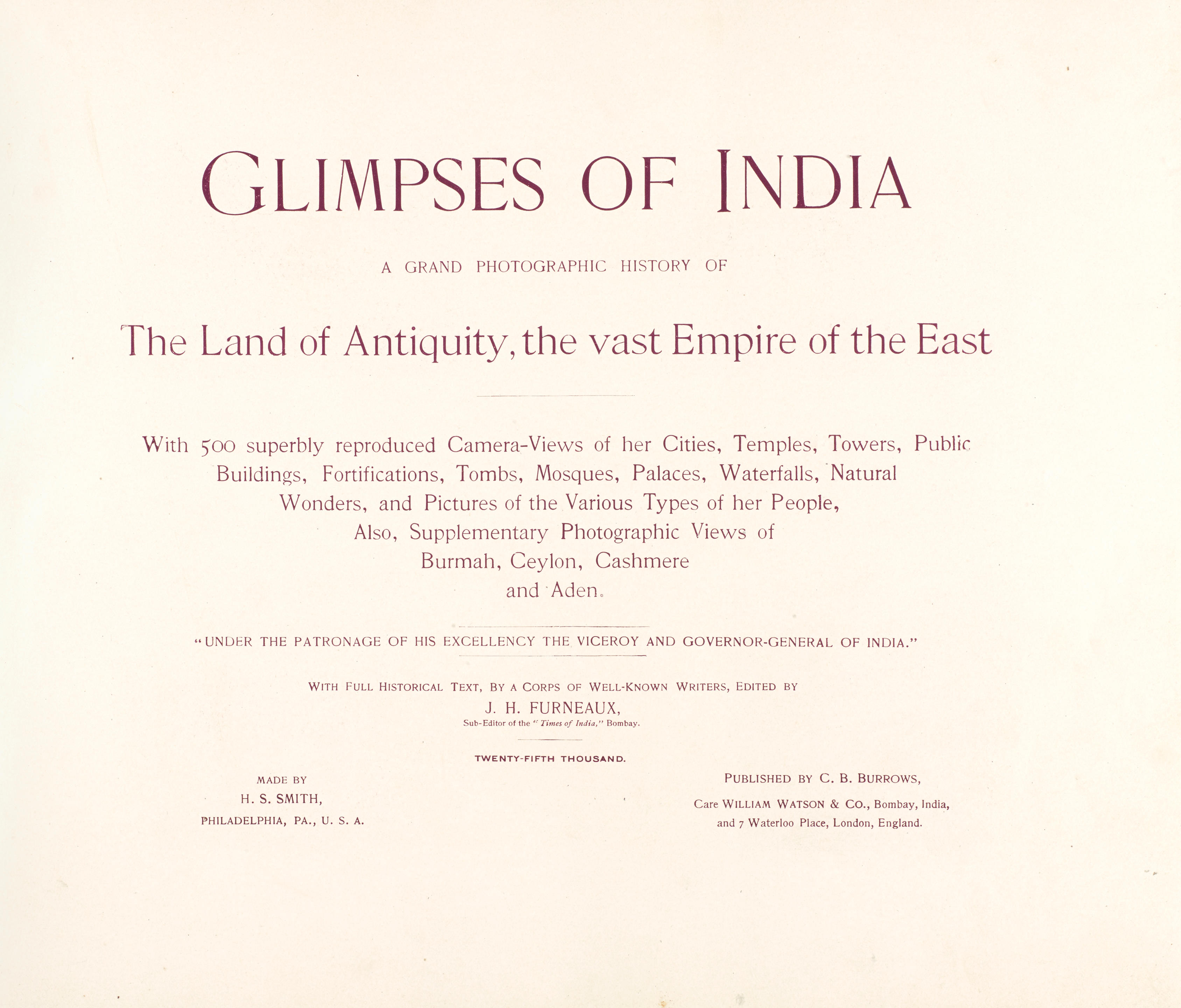A fine early Indian campaign group of three awarded to General T. Polwhele, who had the misfortune to be superseded following his command at the ‘unequal contest’ at Sassiah on 5 July 1857: many years later, in Forty-one Years in India, Lord Roberts described him as a ‘brave old soldier’ who had clearly been persuaded against his better judgment Army of India 1799-1826, 1 clasp, Ava (Lieut., 42nd N.I.), short hyphen reverse, officially engraved naming, with ornate upper brooch-bar for wearing; Candahar Ghuznee Cabul 1842, unnamed as issued, with integral loop and swivel-ring suspension device and ornate riband buckle and brooch-bar for wearing; Sutlej 1845-46, for Moodkee, 2 clasps, Ferozeshuhur, Sobraon (Major, 42nd Regt. L.I.), with ornate upper brooch-bar for wearing, the first with suspension post detached from disc, but easily repairable, edge bruising and light contact marks, otherwise generally good very fine or better (3) £1800-2200 Footnote Thomas Polwhele was born at Manaccan vicarage, Cornwall in October 1797, the fifth son of the Rev. Richard Polwhele, and attended Woolwich as a Cadet from 1813 to 1814. Appointed an Ensign in the 1/21st Native Infantry in the following year, he does not appear to have seen action in the Nepal War, as stated by Major V. C. P. Hodson in his Officers of the Bengal Army 1758-1834; certainly his entry on the published Army of India Medal roll confirms entitlement to the Medal and clasp for ‘Ava’ only. Advanced to Lieutenant in February 1818, Polwhele was attached to the 1st Ceylon Volunteer Battalion from October of the same year until March 1820, in which unit he participated in the Ceylon expedition. And, having returned to India, he was appointed Adjutant of the 2/21st N.I. in January 1823, but subsequently transferred to the 41st N.I. (late 1/21st), and then exchanged to the 42nd N.I. in August 1824, in which latter regiment he was actively employed in the Burma War, when he participated in the Arakan operations of 1825 and was present at the capture of Mahatee and Auracan. Advanced to Captain shortly before his return to India in September 1830, following extended furlough, Polwhele was for a period attached to the 9th N.I. before gaining appointment as Brigade Major, 2nd Brigade, 1st Division in the Army of the Indus, in September 1838. He subsequently witnessed extensive active service in the First Afghan War 1838-42, being present at the capture of Ghuznee in 1839, the recapture of Kalat, and in the operations of the Candahar Force under General Nott, including the action of 12 January 1842, soon after which he was appointed Acting Assistant Adjutant-General to the troops in Candahar. Yet further active service ensued, however, when following advancement to substantive Major in August 1843, he went on to command the 42nd Native Infantry in the First Sikh War, and was present at the battles of Moodkee, Ferozeshuhur and Sobraon, in which latter action he was wounded. Following advancement to Lieutenant-Colonel in January 1850, Polwhele was appointed a ‘Brigadier on the Establishment’ in February 1856, and was commanding the Agra Division at the outbreak of the Indian Mutiny in the following year. Here, in early July 1857 - as recorded in numerous histories - his career took a turn for the worse, when, persuaded against his better judgment, he decided to engage a large force of mutineers at nearby Sassiah on the 5th. Lord Roberts, however, argues that to begin with at least, Polwhele acted wisely and with caution: ‘ ... Polwhele, who was a brave old soldier, and had seen a great deal of service, had, indeed, wisely come to the conclusion that the rebels would never venture to attack a fort like Agra, and that, if left alone, they would in all probability continue on their march towards Delhi. The available troops numbered less than 1000 men, and Polwhele felt that, by going out to attack the enemy, there would be a grave risk of the seat of government falling into the hands of the
A fine early Indian campaign group of three awarded to General T. Polwhele, who had the misfortune to be superseded following his command at the ‘unequal contest’ at Sassiah on 5 July 1857: many years later, in Forty-one Years in India, Lord Roberts described him as a ‘brave old soldier’ who had clearly been persuaded against his better judgment Army of India 1799-1826, 1 clasp, Ava (Lieut., 42nd N.I.), short hyphen reverse, officially engraved naming, with ornate upper brooch-bar for wearing; Candahar Ghuznee Cabul 1842, unnamed as issued, with integral loop and swivel-ring suspension device and ornate riband buckle and brooch-bar for wearing; Sutlej 1845-46, for Moodkee, 2 clasps, Ferozeshuhur, Sobraon (Major, 42nd Regt. L.I.), with ornate upper brooch-bar for wearing, the first with suspension post detached from disc, but easily repairable, edge bruising and light contact marks, otherwise generally good very fine or better (3) £1800-2200 Footnote Thomas Polwhele was born at Manaccan vicarage, Cornwall in October 1797, the fifth son of the Rev. Richard Polwhele, and attended Woolwich as a Cadet from 1813 to 1814. Appointed an Ensign in the 1/21st Native Infantry in the following year, he does not appear to have seen action in the Nepal War, as stated by Major V. C. P. Hodson in his Officers of the Bengal Army 1758-1834; certainly his entry on the published Army of India Medal roll confirms entitlement to the Medal and clasp for ‘Ava’ only. Advanced to Lieutenant in February 1818, Polwhele was attached to the 1st Ceylon Volunteer Battalion from October of the same year until March 1820, in which unit he participated in the Ceylon expedition. And, having returned to India, he was appointed Adjutant of the 2/21st N.I. in January 1823, but subsequently transferred to the 41st N.I. (late 1/21st), and then exchanged to the 42nd N.I. in August 1824, in which latter regiment he was actively employed in the Burma War, when he participated in the Arakan operations of 1825 and was present at the capture of Mahatee and Auracan. Advanced to Captain shortly before his return to India in September 1830, following extended furlough, Polwhele was for a period attached to the 9th N.I. before gaining appointment as Brigade Major, 2nd Brigade, 1st Division in the Army of the Indus, in September 1838. He subsequently witnessed extensive active service in the First Afghan War 1838-42, being present at the capture of Ghuznee in 1839, the recapture of Kalat, and in the operations of the Candahar Force under General Nott, including the action of 12 January 1842, soon after which he was appointed Acting Assistant Adjutant-General to the troops in Candahar. Yet further active service ensued, however, when following advancement to substantive Major in August 1843, he went on to command the 42nd Native Infantry in the First Sikh War, and was present at the battles of Moodkee, Ferozeshuhur and Sobraon, in which latter action he was wounded. Following advancement to Lieutenant-Colonel in January 1850, Polwhele was appointed a ‘Brigadier on the Establishment’ in February 1856, and was commanding the Agra Division at the outbreak of the Indian Mutiny in the following year. Here, in early July 1857 - as recorded in numerous histories - his career took a turn for the worse, when, persuaded against his better judgment, he decided to engage a large force of mutineers at nearby Sassiah on the 5th. Lord Roberts, however, argues that to begin with at least, Polwhele acted wisely and with caution: ‘ ... Polwhele, who was a brave old soldier, and had seen a great deal of service, had, indeed, wisely come to the conclusion that the rebels would never venture to attack a fort like Agra, and that, if left alone, they would in all probability continue on their march towards Delhi. The available troops numbered less than 1000 men, and Polwhele felt that, by going out to attack the enemy, there would be a grave risk of the seat of government falling into the hands of the












/45288/Internet%20Image%201.jpg)
Testen Sie LotSearch und seine Premium-Features 7 Tage - ohne Kosten!
Lassen Sie sich automatisch über neue Objekte in kommenden Auktionen benachrichtigen.
Suchauftrag anlegen